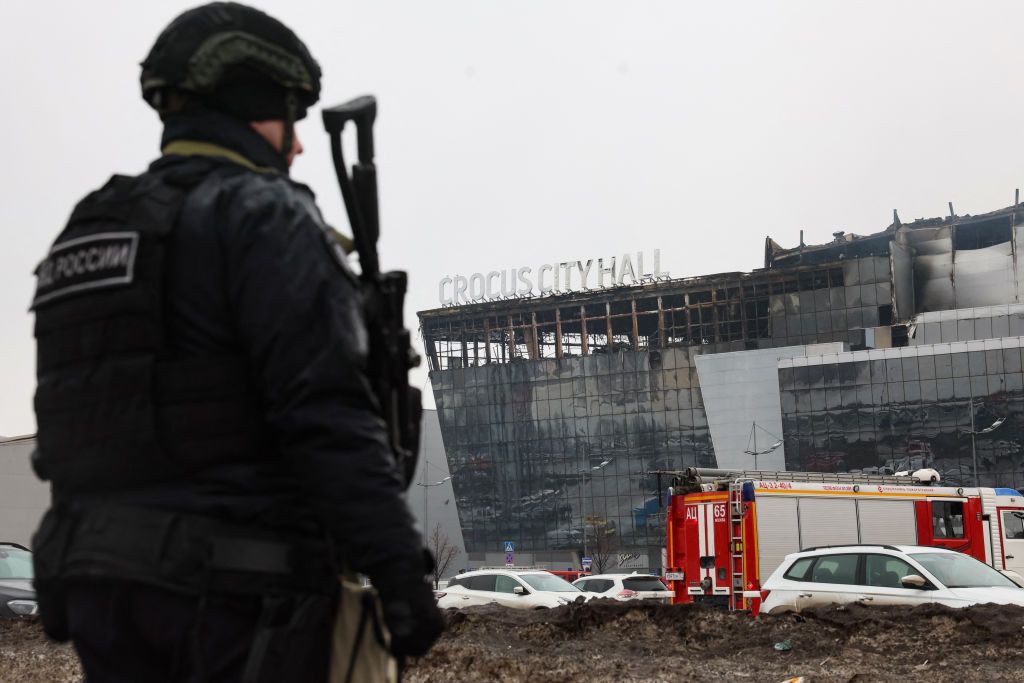Fearing reprisals, Turkmenistan to repatriate students in Russia after terror attack

Authorities in Turkmenistan are working on repatriating Turkmen students studying in Russia, fearing retaliation over last week’s terrorist attack at Moscow’s Crocus City Hall, RFE/RL reported on March 26.
Russia has charged four men from neighboring Tajikistan over the atrocity that killed 139 people. Three others with Central Asian backgrounds are accused of being accomplices.
Exactly how many Turkmen students currently study at Russian universities is not known but 2022 figures put the number at 30,600.
Sources told RFE/RL that as well as repatriating students, the Turkmen government has also ordered officials to organize meetings with those working and attending educational institutions to warn them about religious radicalism.
Another Central Asian state, Kyrgyzstan, has advised its citizens not to travel to Russia in the wake of the attack.
Despite the alleged perpetrators being Tajik and Islamic State (IS) claiming responsibility for the March 22 attack, the Kremlin has continued to try and pin blame on Ukraine.
Hours after the attack, Putin attempted to connect the attack to Kyiv, claiming that the detained suspects planned to flee to Ukraine.
This theory was dealt a blow by Belarusian dictator Alexander Lukashenko on March 26, when he said the suspects initially tried to flee to Belarus.
He claimed Belarus heavily increased security at the border with Russia immediately after the attack and the terrorists "understood that it was impossible to enter Belarus" through Russia's Bryansk Oblast.
After seeing the security at the border, they changed their plans and "turned away and went to the section of the Ukrainian-Russian border," Lukashenko claimed.
Bryansk Oblast borders Homiel and Mahiliou oblasts in Belarus and Chernihiv and Sumy oblasts in Ukraine.











